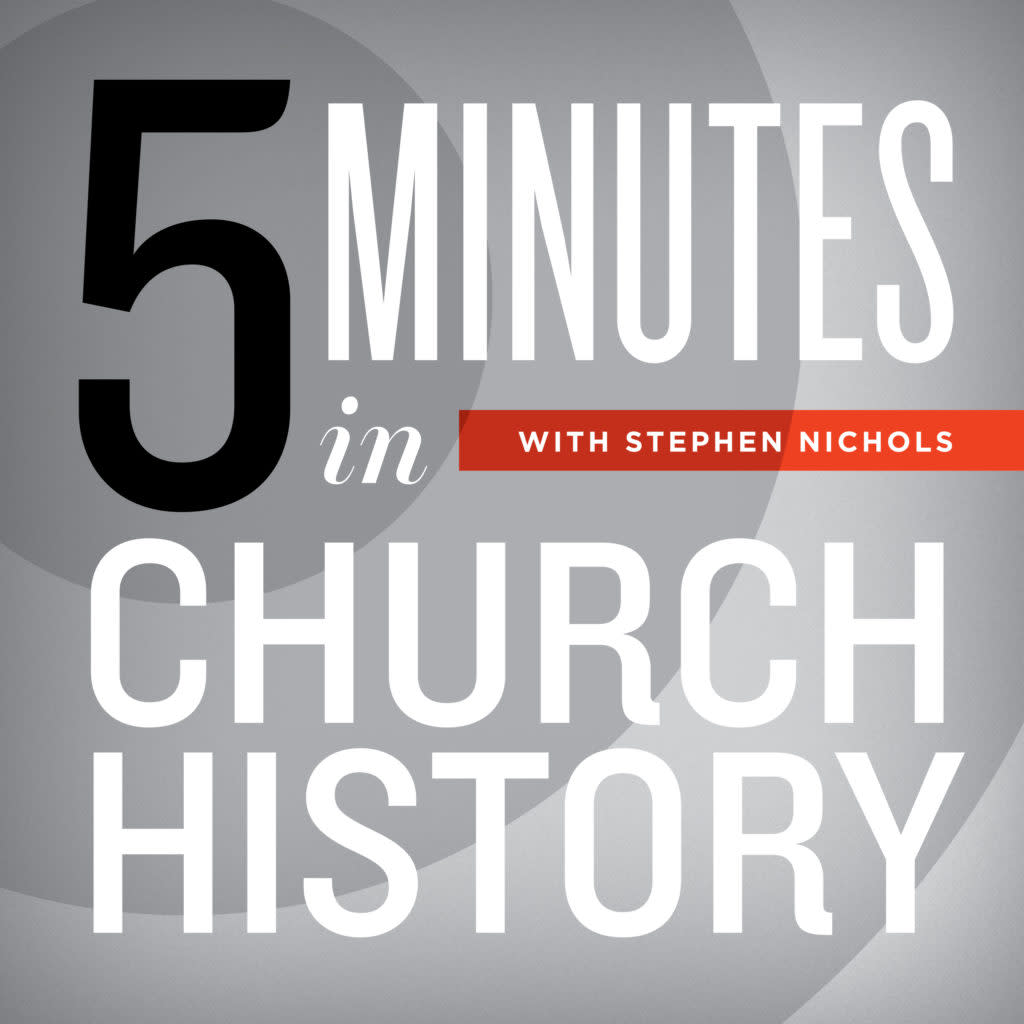5 Reformers on the Psalms

Every one of the Psalms is about Christ, so every psalm has something to say to the church. On this episode of 5 Minutes in Church History, Dr. Stephen Nichols highlights five Protestant Reformers who wrote commentaries on the book of Psalms.
Let’s explore five Reformers on the Psalms. We’ll start and end with very familiar Reformers, and in between we’ll meet some whom you perhaps don’t know. First is Martin Luther. Luther, like all of these Reformers, loved the Psalms. Luther set up a habit of reading the Psalms through in about three weeks, and that was a habit he kept up all of his adult life.
Early in his career as a Reformer, he published his work on the Psalms in 1518 and again in 1519. That set a trajectory for the Reformers to publish commentaries on the Psalms. So first, pride of place goes to Martin Luther.
Next is Luther’s pastor, Johannes Bugenhagen. In 1524, he published a Latin commentary on the Psalms. This was a massive work, and it set the stage for many of the commentaries that would follow. In fact, it was so influential that a publisher convinced Martin Bucer, our third Reformer on the Psalms, to translate this Latin commentary into the German. Bugenhagen said this about Psalm 1: “Therefore, in this Psalm you have all of the scope of all of Holy Scripture. Every Psalm is about Christ and ultimately, every Psalm has something to say directly to the church.”
As already mentioned, Bucer translated Bugenhagen’s commentary into the German in 1525. There’s an old Latin expression: translator traitor. That’s exactly what Bugenhagen thought of Martin Bucer’s translation. It was not just a translation. Bucer took many liberties and, in essence, published his own commentary. That led to Bucer publishing what was in fact his own original commentary in 1529. And curiously, he published it in Latin. It was a huge volume, but despite its heft, it went through five editions in Latin. It went through two editions in French, and it even made it into English. So influential was Bucer’s commentary on the Psalms that it actually impacted the French Psalter and the English Psalter, which then went into the English Bible.
Curiously, Bucer published his commentary on the Psalms under a false name, presenting himself as a French humanist scholar from Lyon. Erasmus, the great humanist scholar, discovered it was actually Bucer, and the jig was up.
Next comes a Reformer you might not have heard before: Wolfgang Musculus. He was a Reformer in the scholastic tradition. He was a Benedictine monk and, in 1518, upon reading Luther, he was converted. He then went to Strasbourg and studied under Martin Bucer, and later was dispatched to Augsburg. He wrote many books. Among his books are eight commentaries on the Old Testament, including his commentary on the Psalms.
Our fifth and final Reformer is John Calvin. He published his commentary on the Psalms in 1557, and in his preface he extols the virtues of the Psalms. Calvin wrote, “There is no other book in which there is to be found more express and magnificent commendations, both of the unparalleled liberality of God towards His church, and of all of God’s works; there is no other book in which there is recorded so many deliverances, nor one in which the evidences and experiences of the fatherly providence and solicitude which God exercises towards us, are celebrated with such splendor of diction, and yet with strictest adherence to truth; in short, there is no other book in which we are more perfectly taught the right manner of praising God.”
Recent Episodes
Happy New Year?
January 1, 2025|The ReformationChristmas with Bonhoeffer
December 25, 2024|The Twentieth CenturyBible Camps
December 18, 2024|American Church HistoryBonhoeffer in 5 Sayings
December 11, 2024|TheologiansAnother Thanksgiving Sermon
December 4, 2024|American Church HistoryThanksgiving Day Sermons
November 27, 2024|American Church History
